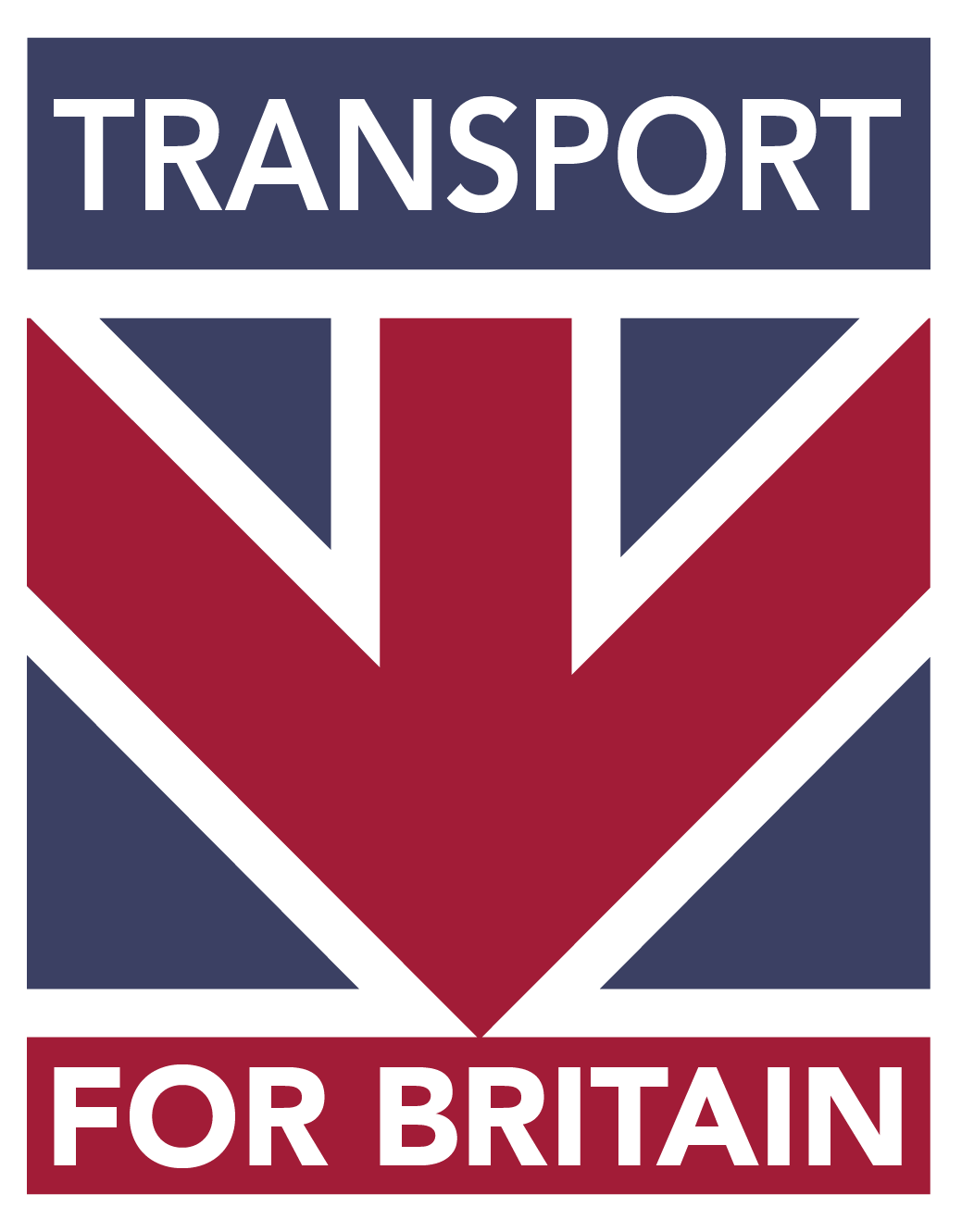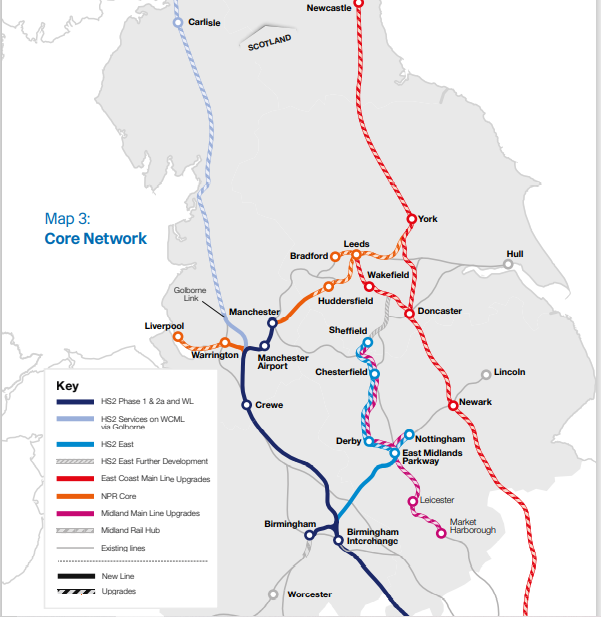The new Integrated Rail plan was finally released in November, and with it has brought tension amongst rail experts and communities alike. With some arguing that the new plans and the restructure of HS2 has caused a further division between the North and South of the country. Transport for Britain believe, that although the new plans provide missed opportunities and poor connectivity for the North of the country, they do include a much needed adaptiveness within the rail industry.
With the recent retraction of the eastern leg of HS2, the government have acknowledged the flaw in the HS2 concept in that the time scales, and the inevitable delays of such a huge project, meant that the promise of improving connectivity was too far in the future to be seen as a benefit. Transport for Britain support the adaptability of the government’s new approach, and although the lack of the eastern leg of HS2 will be a huge disappoint for many, we feel that the government are taking a more practical approach to transforming the rail industry.
However, despite the appreciated inclusion of high speed rail in the midlands, the dismissal of HS2 for the North and the consequential somewhat underwhelming alternatives is something of a concern. The new IRP fails to deal with infrastructure constraints as well as the lack of connectivity between communities in the North and does not deliver long term solutions for the government’s Levelling Up Agenda.
In terms of the environmental impact of the railway, Transport for Britain welcomes the government’s commitment to becoming Net Zero by 2050. The electrification of 2 new lines as well as the improvements to the East Coast line, will go a long way to creating a carbon neutral railway. With the advantage of also causing shorter journey times which will encourage more people to use the railway.
The government needs to explore this further however, by investing in upgrading older lines and the creation of small local infrastructure projects. Focusing on connectivity between the east and west and smaller communities, not just the London and Birmingham centric plans, will increase passenger numbers and reduce the use of car travel. Furthermore, the government’s plans need to include the continued research into using hydrogen and battery powered alternatives to aid the 100% carbon free rail network objective.
If you would like to be considered for a role at Transport for Britain please complete the for below telling us why.
Submitting your details indicates your consent for us to store and process your personal data as explained in our privacy notice. Please read this important notice, which contains details on how to exercise your privacy rights, including opting out of direct marketing.


Recent Comments